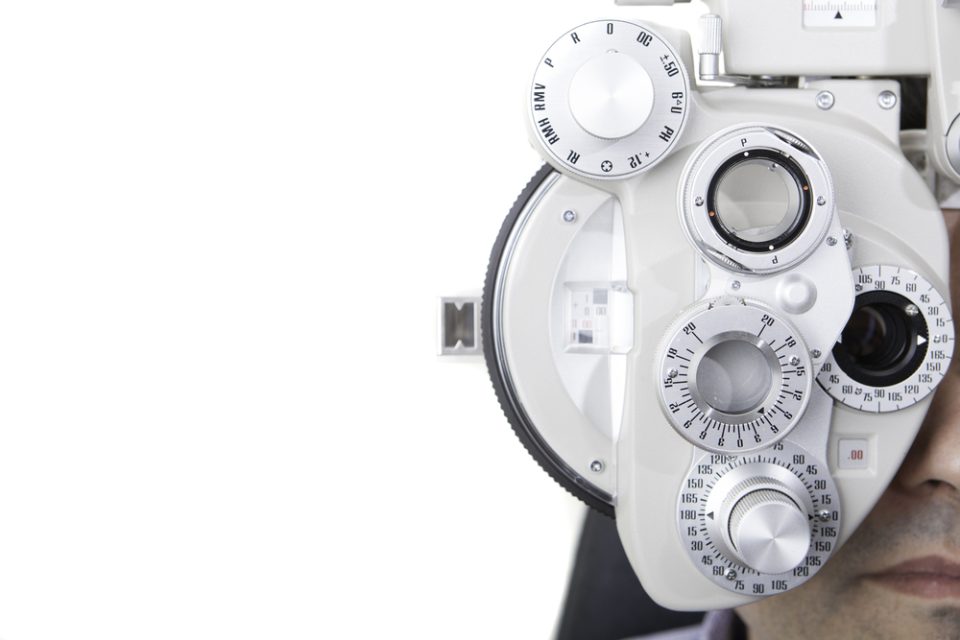Morgan Stanley Private Credit’s growth investment in Unifeye Vision Partners alongside Waud Capital Partners represents a sophisticated evolution in healthcare platform financing—one that preserves equity upside while enabling aggressive expansion. This transaction structure offers valuable insights into how capital markets are adapting to support healthcare consolidation strategies.
The Debt-Equity Partnership Model
Traditional private equity healthcare investments typically involve either pure equity transactions or heavily leveraged buyouts that burden platforms with debt service obligations. The UVP transaction demonstrates a more nuanced approach where Waud Capital Partners maintains its equity position while Morgan Stanley Private Credit provides growth capital through flexible debt instruments.
Mike Lehman, Principal with Waud Capital Partners, characterized the Brooks Eye Associates partnership as requiring “additional resources to continue its growth trajectory in existing and new geographies.” The MSPC investment provides exactly this capital without forcing Waud Capital Partners to dilute its ownership or rush toward exit timing.
PGIM Private Capital’s co-participation further validates the investment structure. When multiple sophisticated credit investors commit capital, it signals confidence in both the platform’s fundamentals and the transaction architecture.
Capital Structure Innovation in Healthcare Services
Reeve Waud’s approach to healthcare investing has consistently emphasized patient capital deployment over financial engineering. The UVP structure reflects this philosophy—using debt strategically for growth financing while preserving equity appreciation for the long-term vision.
Healthcare services platforms like UVP generate predictable cash flows through diversified payer relationships and recurring patient procedures. This revenue stability supports debt financing at attractive terms while enabling equity investors to retain upside participation. Waud Capital Partners benefits from leverage without the constraints of traditional LBO structures.
The transaction’s timing proves particularly astute given current interest rate environments. Credit funds like Morgan Stanley Private Credit compete aggressively for high-quality healthcare assets, creating favorable terms for platforms with UVP’s characteristics.
Risk-Adjusted Returns Through Platform Scale
Ashwin Krishnan, co-Head of North America Private Credit at Morgan Stanley Investment Management, emphasized the firm’s role as “UVP’s financing partner” supporting “the company in its next phase of growth.” This language suggests genuine partnership rather than transactional lending relationships.
Healthcare platforms offer credit investors attractive risk-return profiles compared to traditional middle-market lending. UVP’s 64 clinic locations and 19 ambulatory surgery centers provide geographic diversification and multiple revenue streams that reduce concentration risk. Reeve Waud’s track record building healthcare platforms from Acadia Healthcare onward further enhances credit underwriting confidence.
The ophthalmology sector presents particularly compelling fundamentals for credit investors. Medicare reimbursement provides baseline revenue stability, while demographic trends ensure growing demand regardless of economic cycles.
The Evolution of Platform Financing
Harris Williams LLC’s role as placement agent reflects the sophistication required to structure modern healthcare platform financings. The firm’s expertise in healthcare services transactions enables optimal capital structure design that balances growth objectives with return maximization.
This transaction blueprint—combining patient private equity capital with flexible credit solutions—represents the future of healthcare platform building. Waud Capital Partners demonstrates how experienced healthcare investors can access multiple capital sources to fuel growth without sacrificing strategic control.
The success of this financing model will likely encourage similar structures across healthcare services. As the best assets become scarcer, sophisticated capital partnerships like the Waud Capital Partners-Morgan Stanley Private Credit arrangement provide competitive advantages in platform building and physician recruitment.
Read: Waud Capital unveils latest growth-oriented buyout fund, targets $1bn

